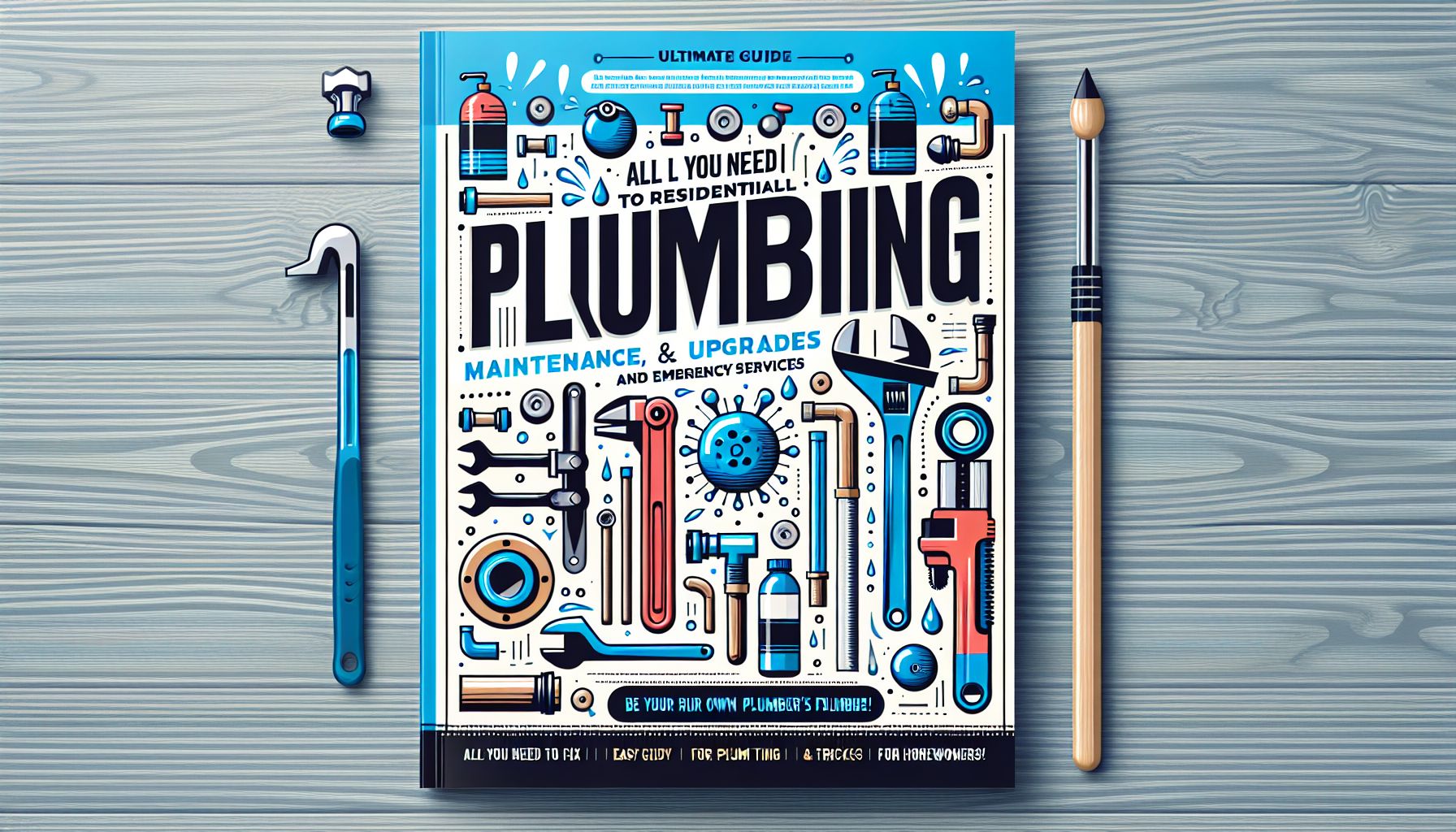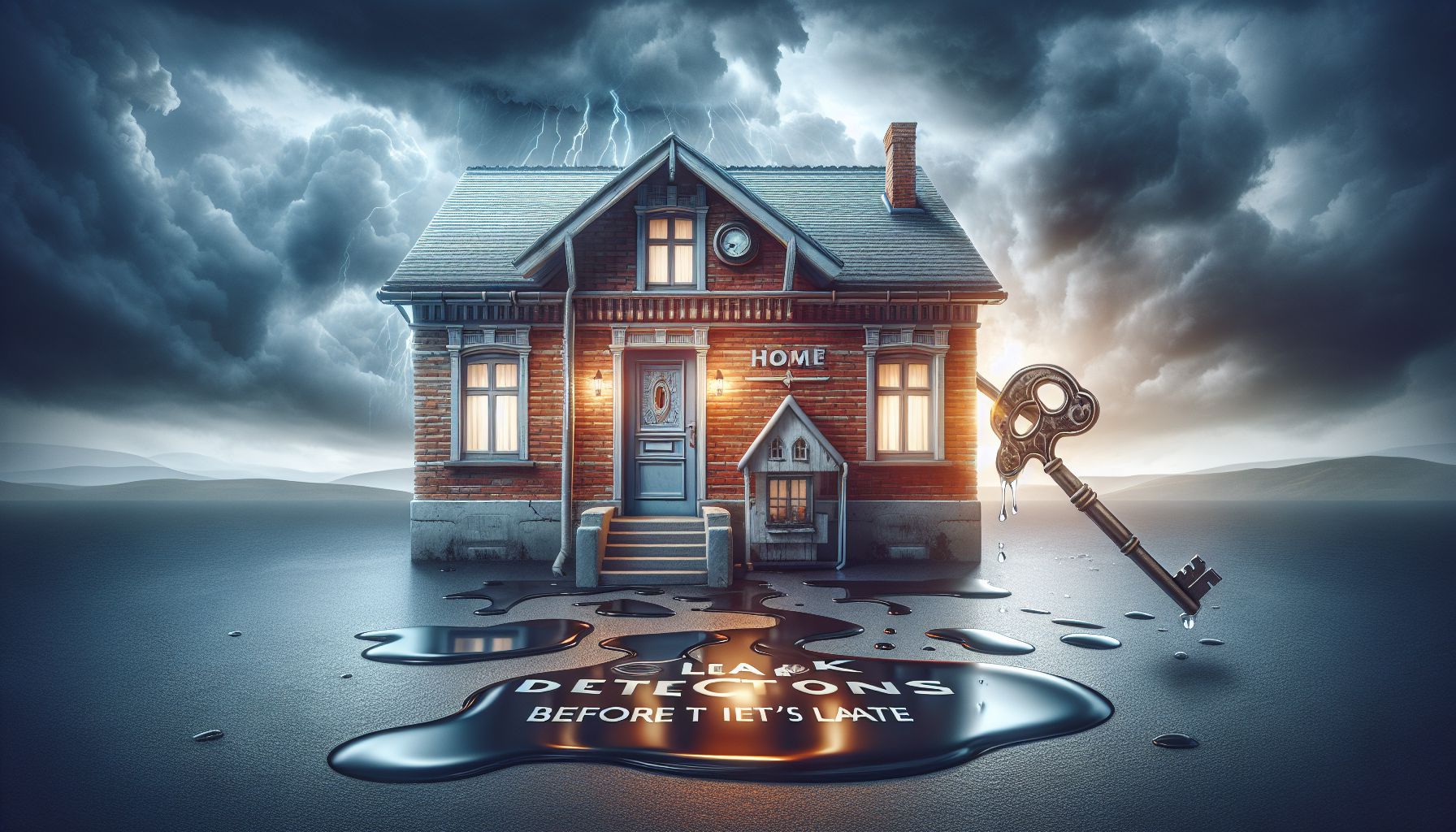
Unraveling the Mysteries of Leak Detection: How to Prevent Catastrophic Water Damage
Water damage can be a homeowner’s worst nightmare—costly, destructive, and distressingly common. But with the right knowledge and tools, you can prevent many instances of water damage by mastering the art of leak detection. From understanding the subtle signs of a hidden leak to employing modern technology to catch them early, we’ll dive into the crucial steps that every property owner should take to safeguard their home or business.
The Silent Menace: Understanding the Importance of Early Leak Detection
Leaks can be silent culprits, slowly wreaking havoc on a property’s structure and potentially leading to extensive water damage, mold growth, and costly repairs. Early detection is, therefore, paramount when it comes to preventing minor issues from escalating into major crises. Awareness of what to look for and regular check-ups can mean the difference between an easy fix and a homeowner’s disaster.
The Usual Suspects: Common Sources of Leaks
Identifying the common sources of leaks is the first line of defense. Pipes, faucets, toilets, and appliances can all develop leaks over time. While some leaks are visible, like a dripping tap, others may be less obvious, and are only discovered when they have already caused substantial damage. Regular inspections in these areas are essential for catching leaks before they spiral out of control.
Pipes: The Circulatory System of Your Home
The pipes that run through your walls, beneath your floors, and above your ceilings are like the veins and arteries of your home. Any damage or wear in these crucial pathways can lead to leaks. Look for signs such as discoloration or warping on your walls, ceilings, or floors, as these can indicate a leaky pipe.
Appliances: Partners in Convenience and Potential Peril
Household appliances such as washing machines, dishwashers, and water heaters can be sources of leaks. Hoses and supply lines can weaken over time and should be checked regularly for signs of deterioration such as rust, cracking, or bulging.
High-Tech Leak Detection: Tools of the Trade
Advancements in technology have made leak detection more precise and less invasive. Professionals often use equipment like acoustic sensors, thermal imaging cameras, and moisture meters to pinpoint the location of leaks without the need for extensive property demolition.
Acoustic Sensors: Listening for Trouble
Acoustic sensors amplify the sound of dripping or running water within walls and floors, allowing plumbers to identify leaks that would otherwise go unnoticed until they cause visible damage.
Thermal Imaging: Seeing Beyond the Surface
Thermal imaging cameras can detect variations in temperature caused by damp spots and leaks, offering a clear picture of where the issue lies without the need for physical investigation.
Moisture Meters: Quantifying the Wetness
Moisture meters are used to measure the moisture content in materials. These readings help to identify abnormally high levels of moisture, a strong indicator of leaks.
DIY Leak Detection: Steps You Can Take at Home
Not all leaks require high-tech solutions; many can be detected through simple observation and maintenance. Here are some DIY tips you can use to identify leaks early on:
- Listen Carefully: Sometimes, it’s possible to hear the hiss of a leaking pipe in quiet moments.
- Check for Drips: Regularly inspect under sinks, around toilets, and near any exposed piping.
- Watch Your Water Bill: An unexplained increase in water usage can often signal a hidden leak.
- Use Food Coloring: A few drops in the toilet tank can help reveal a leak if the color makes its way to the bowl without flushing.
When to Call Professionals: Recognizing the Limits of DIY
While DIY methods are useful for minor leaks, certain situations call for professional intervention. If you suspect a leak but can’t find it, if the leak is substantial, or if it involves sewage or main lines, it’s time to call in the experts. Emergency plumbing services can promptly address and repair the issue, minimizing damage.
Leak Prevention: Best Practices for Property Maintenance
Preventing leaks often hinges on good maintenance habits. Here are some practices to help minimize risks:
- Regular Inspections: Schedule yearly inspections with a professional plumber.
- Upgrade Old Pipes: Consider replacing old or corroded pipes to prevent future leaks.
- Monitor Water Pressure: High water pressure can strain pipes and increase the risk of leaks.
Conclusion
Leak detection may not be the most glamorous aspect of property maintenance, but it is one of the most crucial. By staying vigilant, utilizing modern detection tools, and enlisting professional help when necessary, you can protect your home or business from the insidious threat of water damage. Remember, early detection is key to nipping potential problems in the bud and ensuring the longevity and safety of your property.





